Twelve winners for the regional Holcim Awards 2014, Africa + Middle East
By Bustler Editors|
Monday, Oct 20, 2014
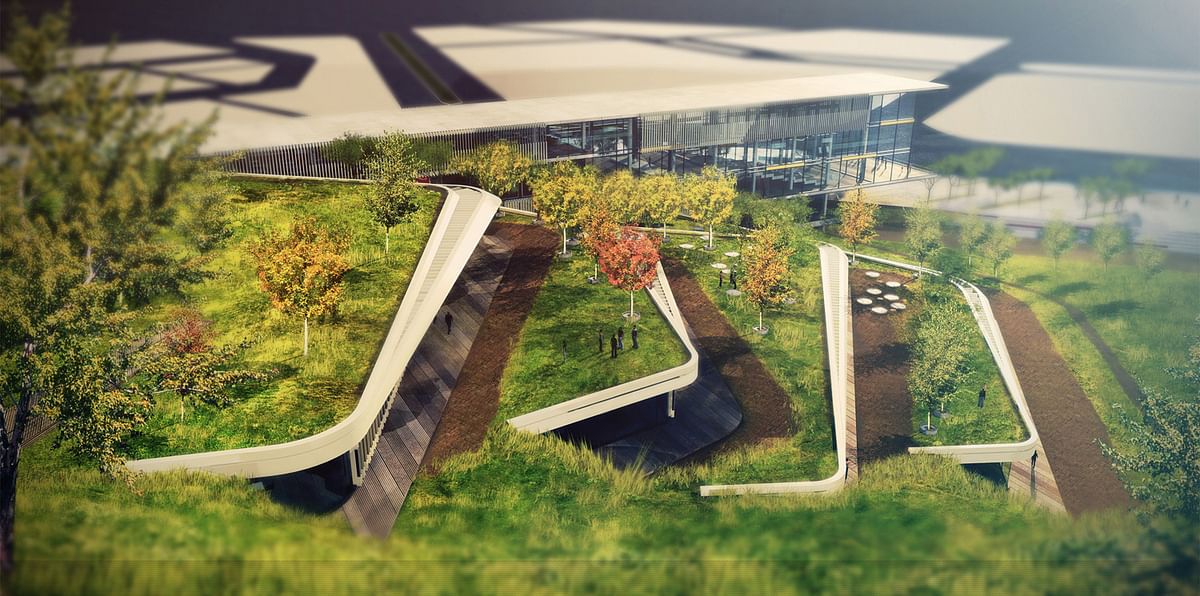
Related
The winners of the Holcim Awards 2014 Africa Middle East regional competition were recognized in a recent awards ceremony in Beirut, making it the fourth installment of the 2014 global awards program. The Africa Middle East competition focused on multi-disciplinary design solutions for building social and environmenal resilience.
Three top prizes, five Acknowledgement Prizes, and four Next Generation prizes won a total of US$330,000 prize money. The winning projects will be implemented in nine countries including Turkey, Lebanon, Ethiopia, Nigeria, Palestine, Rwanda, and Morocco.
Following the winning announcements for Europe, North America, Latin America, and now Africa Middle East, the last awards ceremony for Asia Pacific will be held in Jakarta in November.
All projects that win the Holcim Awards Gold, Silver and Bronze in each region will advance to the Global Holcim Awards 2015.
Scroll down to see the projects.
HOLCIM AWARDS GOLD 2014 - Eco-Techno Park: Green building showcase and enterprise hub, Ankara, Turkey
Authors: Onat Öktem and Zeynep Öktem, ONZ Architects, Ankara, Turkey
"An ecological park for sustainable research and technology planned for Ortadoğu Sanayi ve Ticaret Merkezi, an industrial zone located in Ankara won the top prize. Creating an attractive communal space for its users with minimum interference to the natural context, the building and landscape design by architects Onat and Zeynep Öktem of ONZ Architects in Turkey incorporates various sustainable features such as natural lighting, geothermal heat pumps, green roofs, passive ventilation and water efficiency/irrigation systems.
At the prize-giving ceremony in Beirut, Howayda Al-Harithy congratulated the Holcim Awards Gold winners for promoting economic growth through innovation in environmental technologies. 'The building is conceived as a test bed for sustainable research that explores new techniques in the region pertaining to the use of renewable resources – while establishing a careful balance between the natural and fabricated realm', she said."
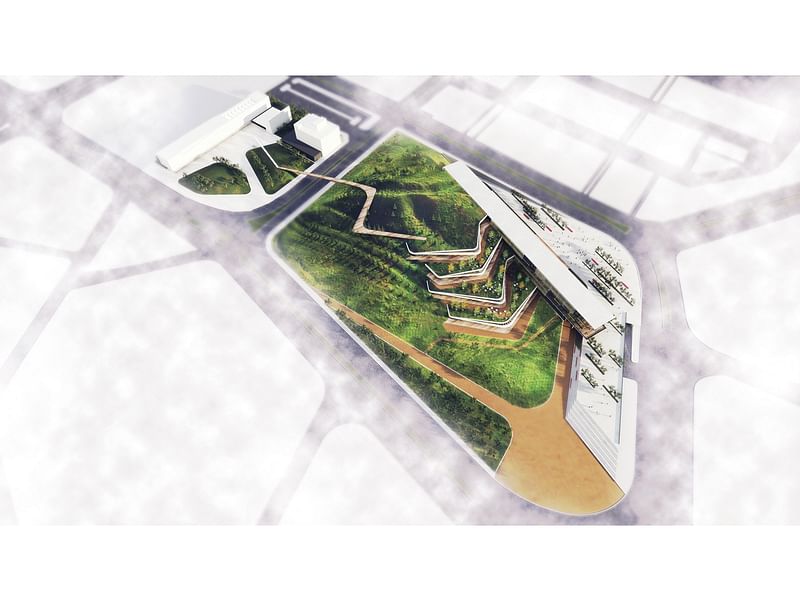
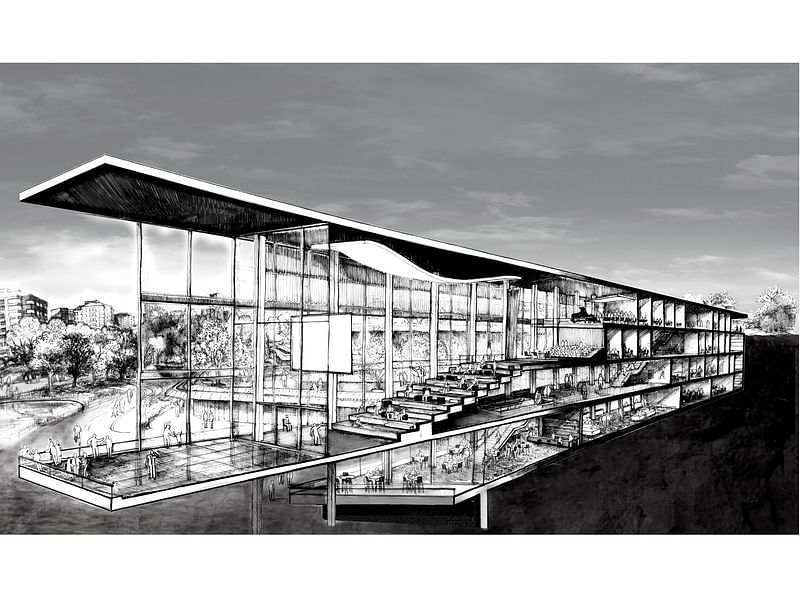
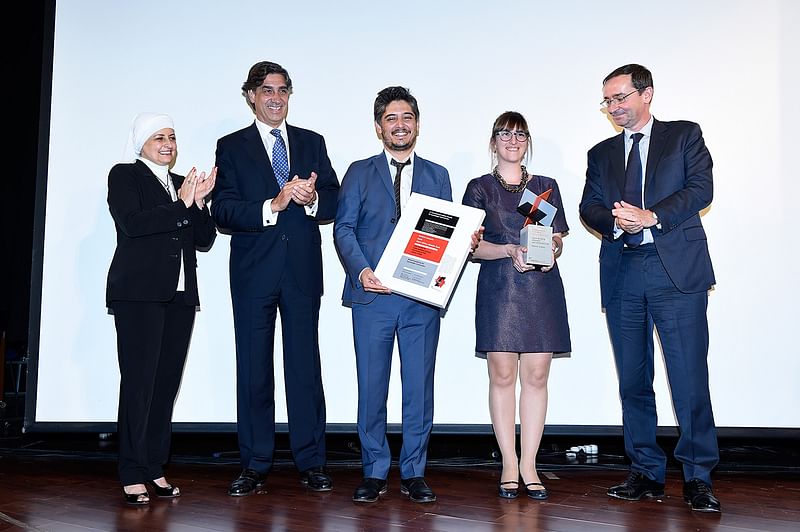
For further project details, click here.
Related: Ostim Eco-Park competition entry by ONZ Architects
HOLCIM AWARDS SILVER 2014 - Evergreen City: Urban pine forest rehabilitation, Beirut, Lebanon
Main author: Raëd Abillama, Raëd Abillama Architects, Metn, Lebanon
Further authors: Sawsan Bou Fakhreddine, Associaton for Forests Development & Conservation, Jdeideh, Lebanon; Youssef Abillama, Maintenance Management Group, Antelias, Lebanon
"A rehabilitation plan for a pine forest park in Beirut, Lebanon by Raëd Abillama of Raëd Abillama Architects from Lebanon won Silver. The urban plan develops the facilities and services needed in the park to open it to the public, and promoting it for cultural, social, sports, and environmental activities – while also maintaining and conserving the park’s natural habitats. Environmental standards and urban needs will be integrated in a seamless way, enhancing the sense of belonging to the wider community."
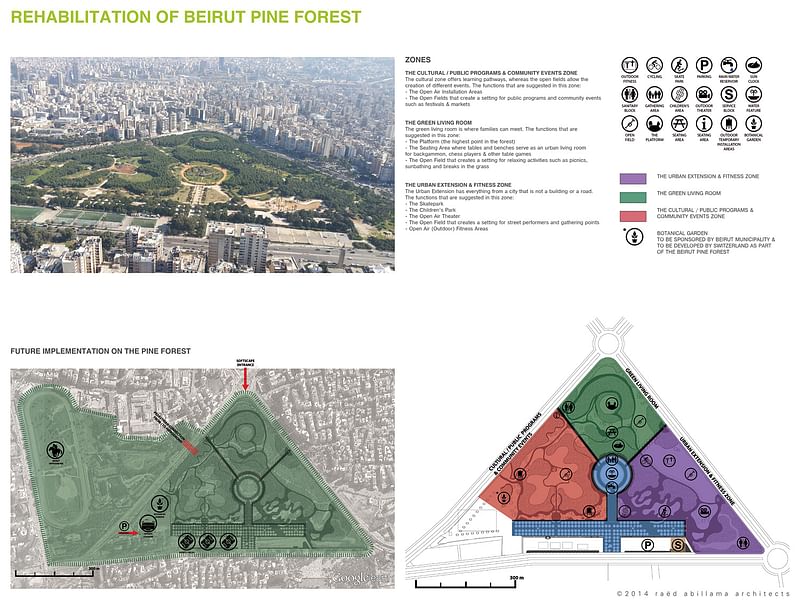
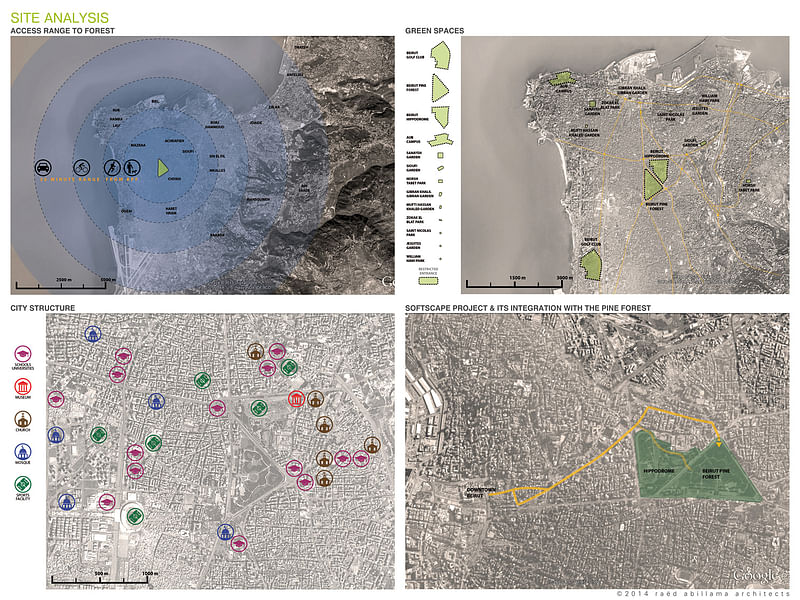
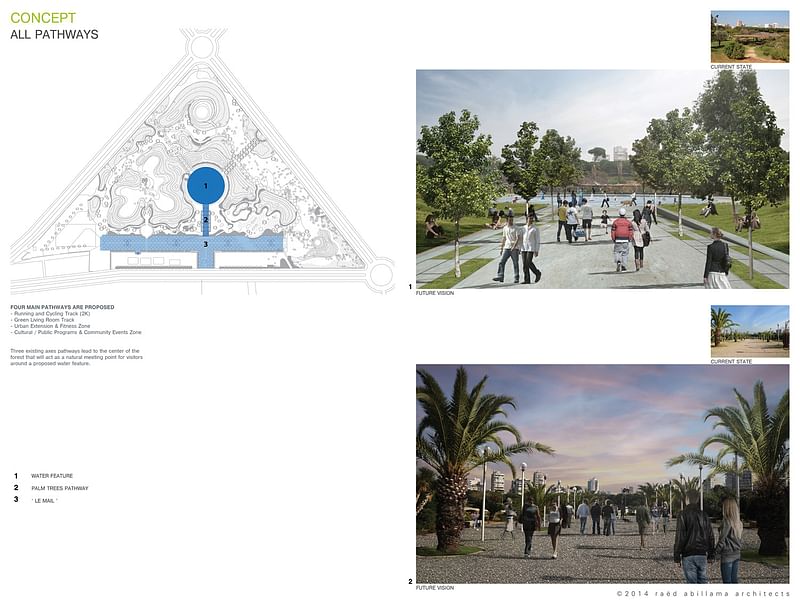
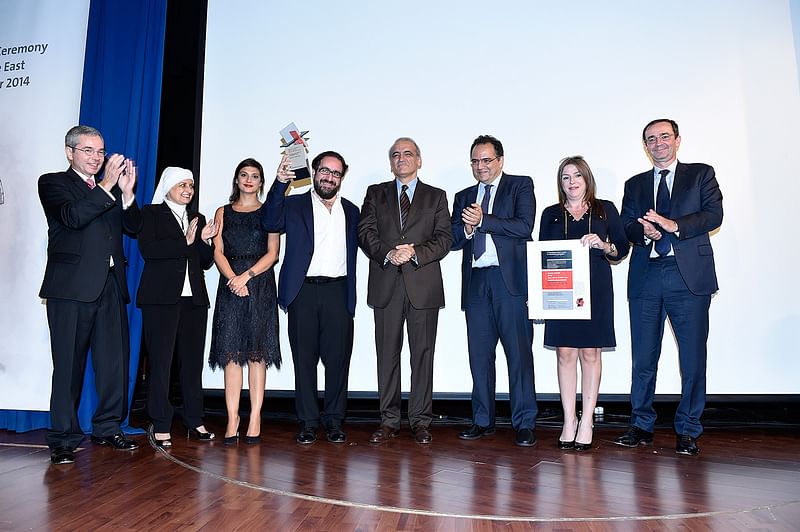
For further project details, click here.
HOLCIM AWARDS BRONZE 2014 - Incremental Construction: Low-cost modular housing scheme, Addis Ababa, Ethiopia
Main author: Dirk Donath, Bauhaus University, Weimar, Germany
Further authors: Brook Haileselassie, Asgedom Berhe, Helawie Sewnet and Sarah Yusuf, Ethiopian Institute of Architecture, Building, Construction & City Development (EiABC), Addis Ababa University, Addis Ababa, Ethiopia; Peter Dissel, Afro-European Engineers, Addis Ababa, Ethiopia, Jakob Mettler, Bauhaus University, Weimar, Germany
"A project conducted in parallel by the Ethiopian Institute of Architecture, Building Construction & City Development (EiABC), Addis Ababa and Bauhaus University, Weimar, Germany received Bronze. The project to explore and implement construction techniques that tangibly upgrade housing stock in the city was led by Dirk Donath. Within this process-oriented project, close to 90% of the building components including prefabricated concrete elements and lightweight eucalyptus frames are produced by local micro and small-scale enterprises. The approach creates the opportunity for skilled employment and capacity building, and also allows homeowners to complete the construction themselves, installing building components and finishes according to their needs."
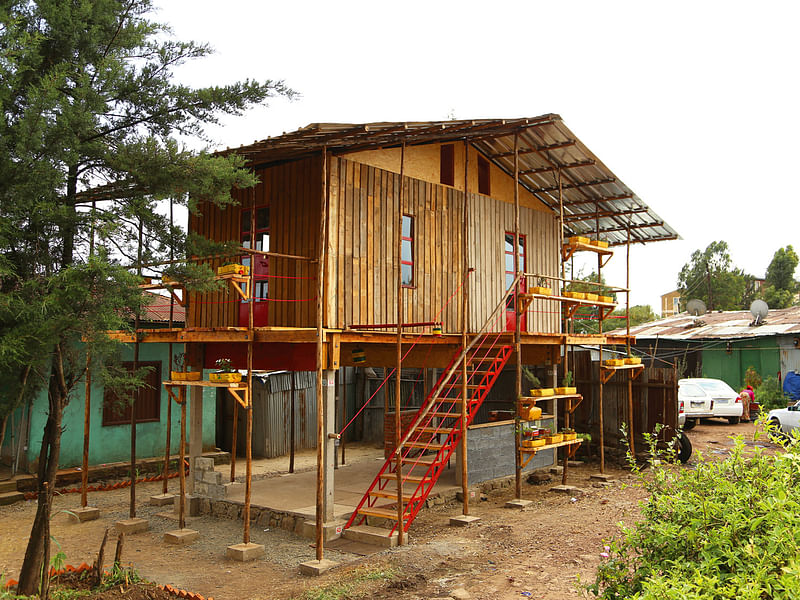
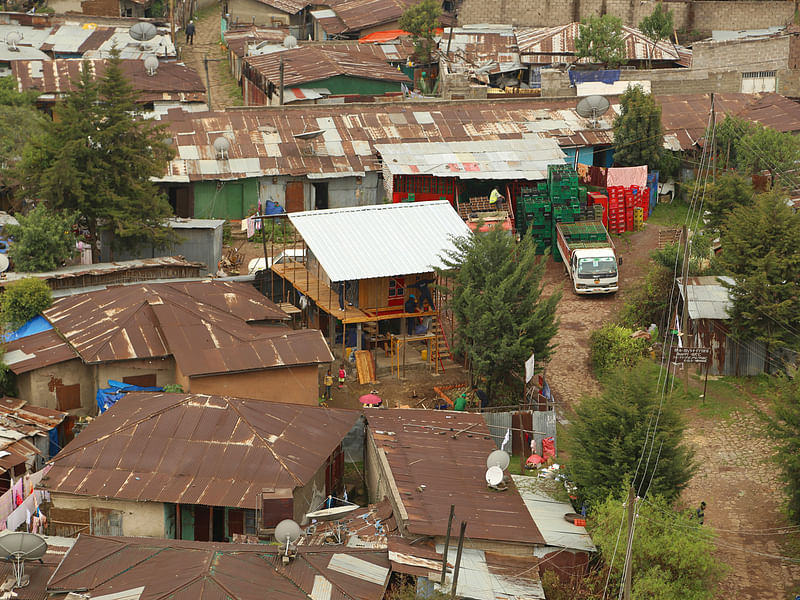
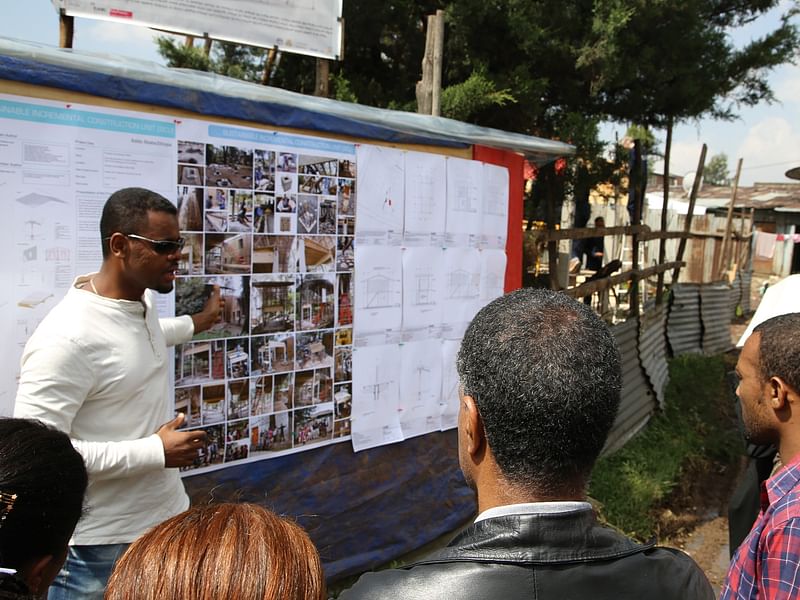
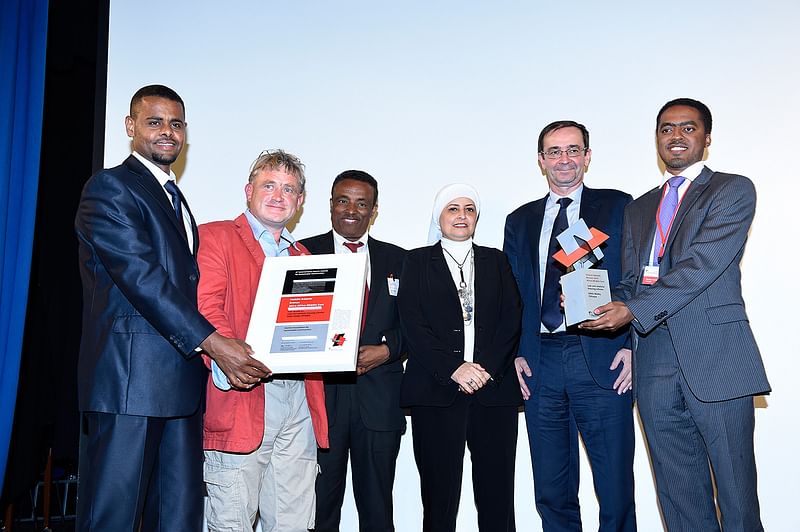
For further project details, click here.
Five Acknowledgement prizes for outstanding public infrastructure: "Shatha Safi of Riwaq Center for Architectural Conservation, Palestine and Yara Sharif of NG Architects and Palestine Regeneration Team, United Kingdom received one of the five equally-ranked Acknowledgement prizes for a women’s center and playground in Palestine that creates social and physical infrastructure for cooking, education and gardening as a conduit to empowering women in the community (Further project details). Kunlé Adeyemi of NLÉ Works, Nigeria was acknowledged for Chicoco Radio, a floating media platform that will be built to strengthen local communities for the residents of the waterfront slums of Port Harcourt in Nigeria (Further project details). A community farming and market hub in Rwanda by Pamela Larocca of Urban Future organization, Italy was recognized for a cooperative that includes a collective hill-farming program, community buildings, and a market that boosts economic capacity and food self-sufficiency (Further project details).
Further Acknowledgement prizes also went to a socially-integrated office building with sustainable façade for the Addis Ababa Chamber of Commerce & Sectoral Association’s headquarters in Ethiopia by Ken De Cooman and Wes Degreef of BC architects, Belgium and Adeyabeba Hailemariam of ABBA architects, Ethiopia (Further project details); and also to a health center and school in refugee camp in Mauritania by Attila Szabadics of ArchSus Group, Hungary that provides improved living conditions in easily-erectable tent structures fitted with phase change material accumulators that provide air-conditioning across hot days and cold nights without additional energy requirements (Further project details)."
Four “Next Generation” prizes for students and young professionals: "The Holcim Awards competition also seeks bold ideas for tomorrow in the “Next Generation” category for participants up to 30 years of age. The “Next Generation” 1st prize went to South African architect Jurie Swart for a Water research center at Fika Patso Dam, South Africa. The design proposition frames a discourse on possible forms of relationships between the built and natural environments, with a focus on bio-mimicry (Further project details).
Chamss Oulkadi from BOM architecture, Morocco/France won the 2nd prize for an earthquake memorial and archaeological museum in Agadir, Morocco that merges tradition with a contemporary understanding of architecture (Further project details). The 3rd prize was presented to Heidi van Eeden from South Africa for a regenerative urban catalyst and textile production concept in the city that blends a textile manufacturing facility, agricultural fields, and a sewage treatment plant into an interrelated system (Further project details). Students Marylynn Antaki, Christina Attiyeh, Mira Boumatar, Romy El Sayah and Yara Rahme from the American University of Beirut, Lebanon received the 4th prize for an urban energy recovery and development concept for the city (Further project details)."
Holcim Awards 2014 Africa Middle East jury: Howayda Al-Harithy (head of jury, Lebanon), Marc Angélil (Switzerland), Javier de Benito (Switzerland), Aziza Chaouni (Morocco), Fasil Giorghis (Ethiopia), Daniel Irurah (South Africa), Francis Kéré (Burkina Faso), Hansjürg Leibundgut (Switzerland), and Amer Moustafa (United Arab Emirates).
Click the thumbnail images below to see the Acknowledgement Prize winners and Next Generation Prize winners.
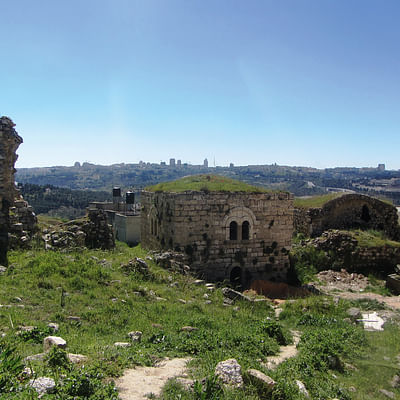
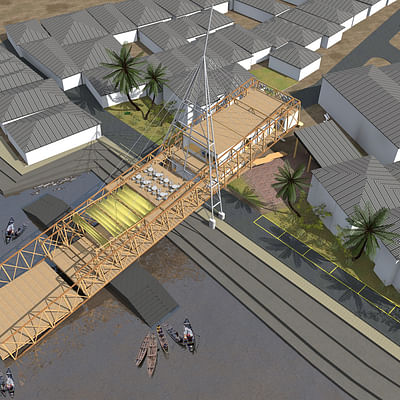
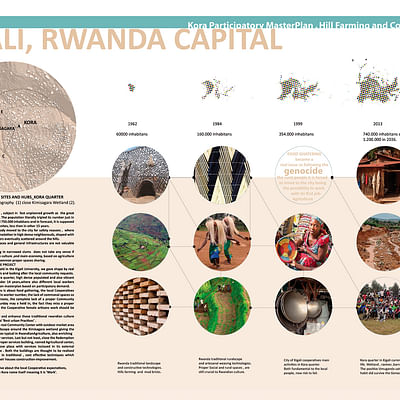
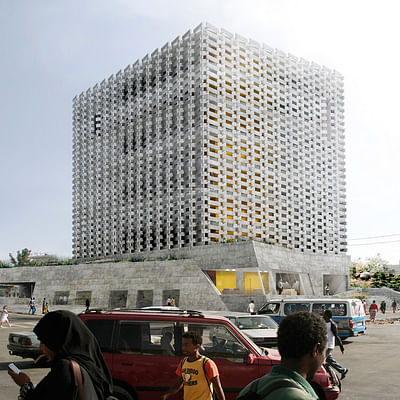
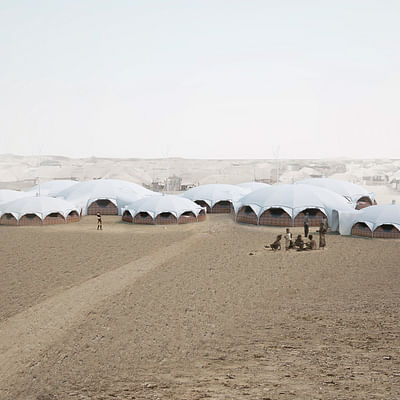
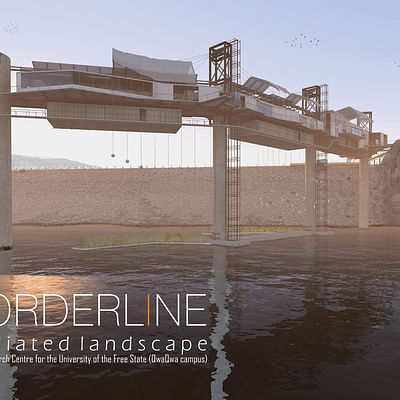
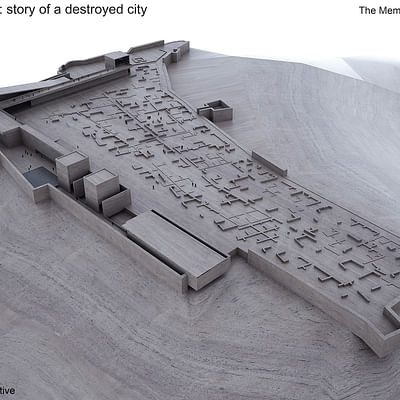
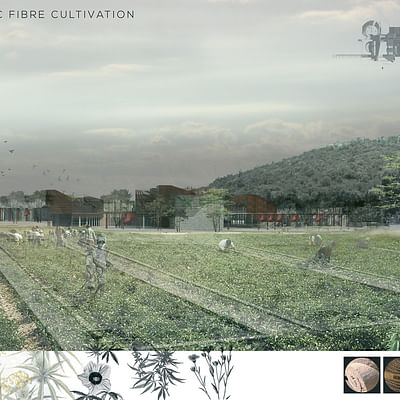
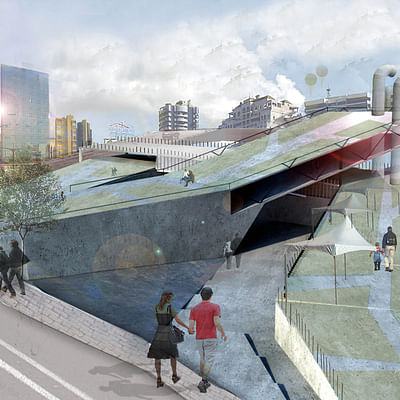

Share
0 Comments
Comment as :